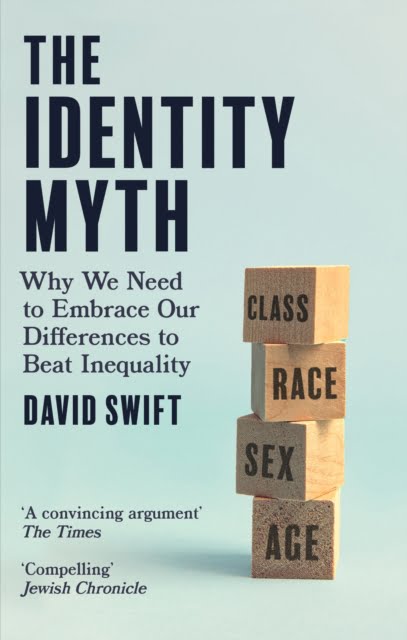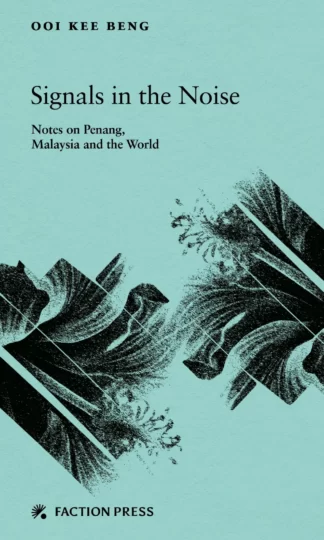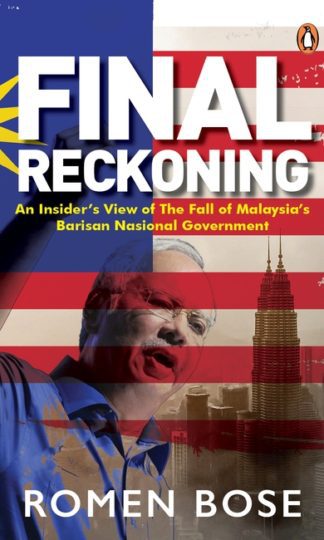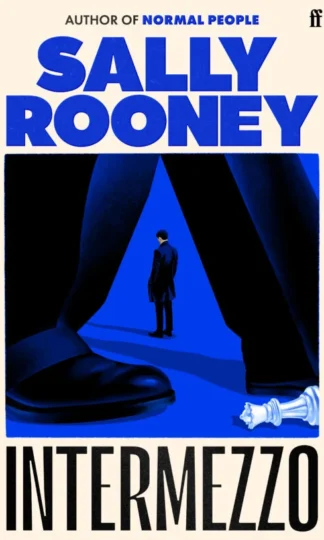Description
We are in crisis. As a society we have never been less connected. The internet and globalisation fuel ignorance and anger, while the disconnect between people’s reality and perceived identities has never been greater.
Karl Marx outlined the idea of a material ‘base’ and politico-cultural ‘superstructure’. According to this formula, a material reality – wealth, income, occupation – determined your politics, leisure habits, tastes, and how you made sense of the world. Today, the importance of material deprivation, in terms of threats to life, health and prosperity, are as acute as ever.
But the identities apparently generated by these realities are increasingly detached from material circumstances. At the same time, different identities are needlessly conflated through a process of reeling off a list of -isms and -phobias, and are lumped together, as though these groups all somehow have something in common with one another. Th is process is not just inappropriate but obscures the specific nature of problems being faced.
In The Identity Myth, David Swift covers the four different kinds of identity most susceptible to this trend – class, race, sex and age. He considers how the boundaries of identities are policed and how diverse versions of the same identity can be deployed to different ends. Ultimately, it is not that identities are simply more ‘complex’ than they appear but that there are more important commonalities.
In a powerful call to arms, Swift argues that we must unite against these identity myths and embrace our differences to beat inequality.








